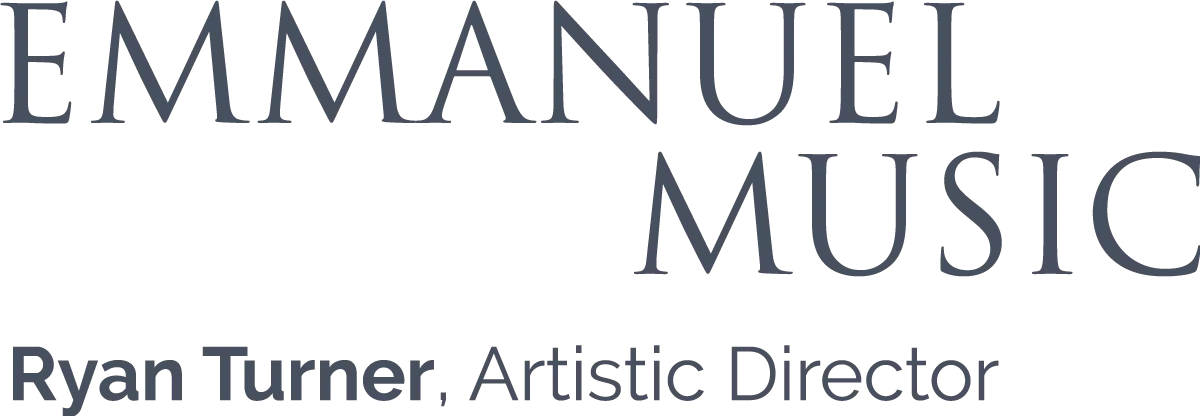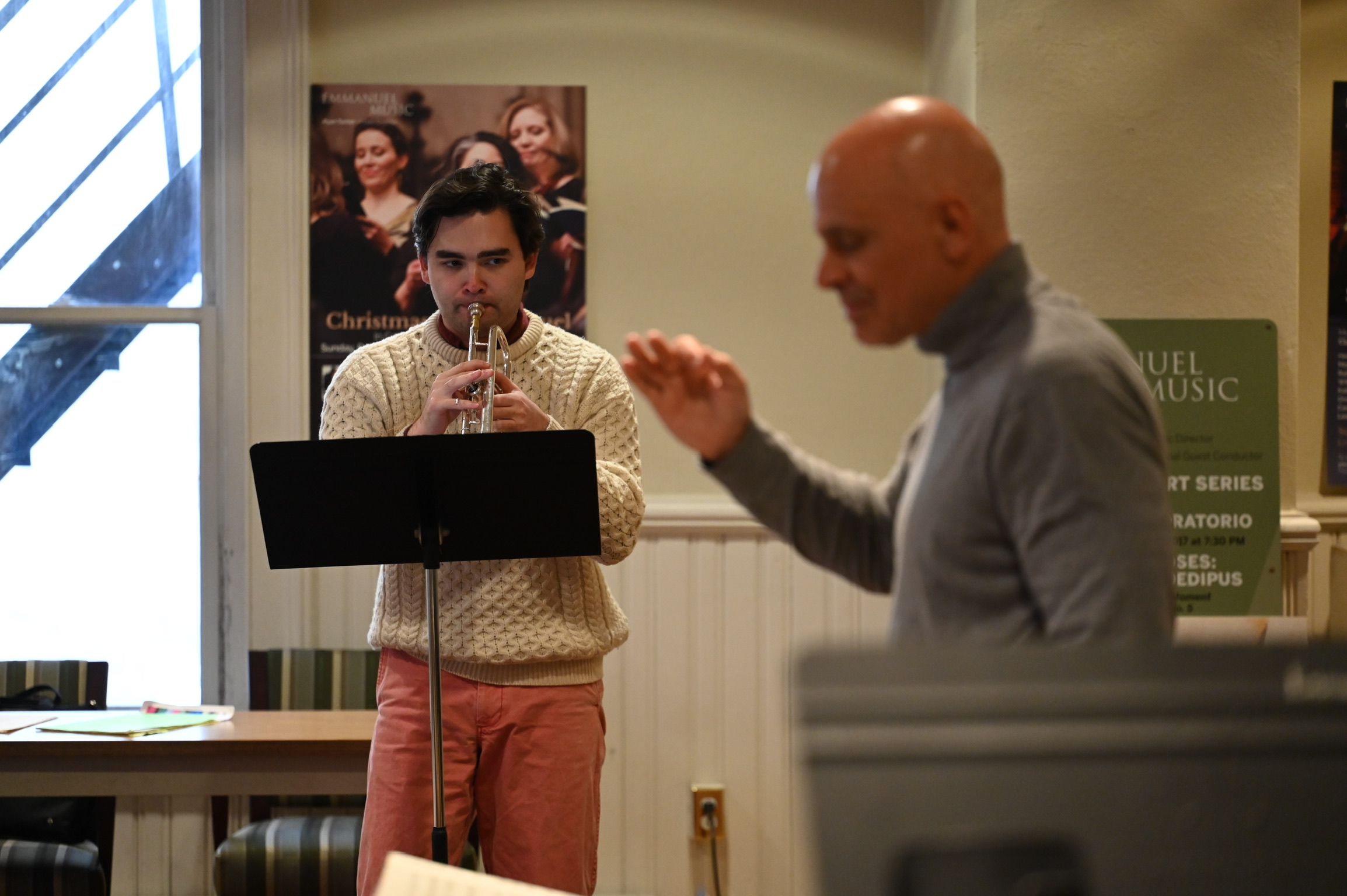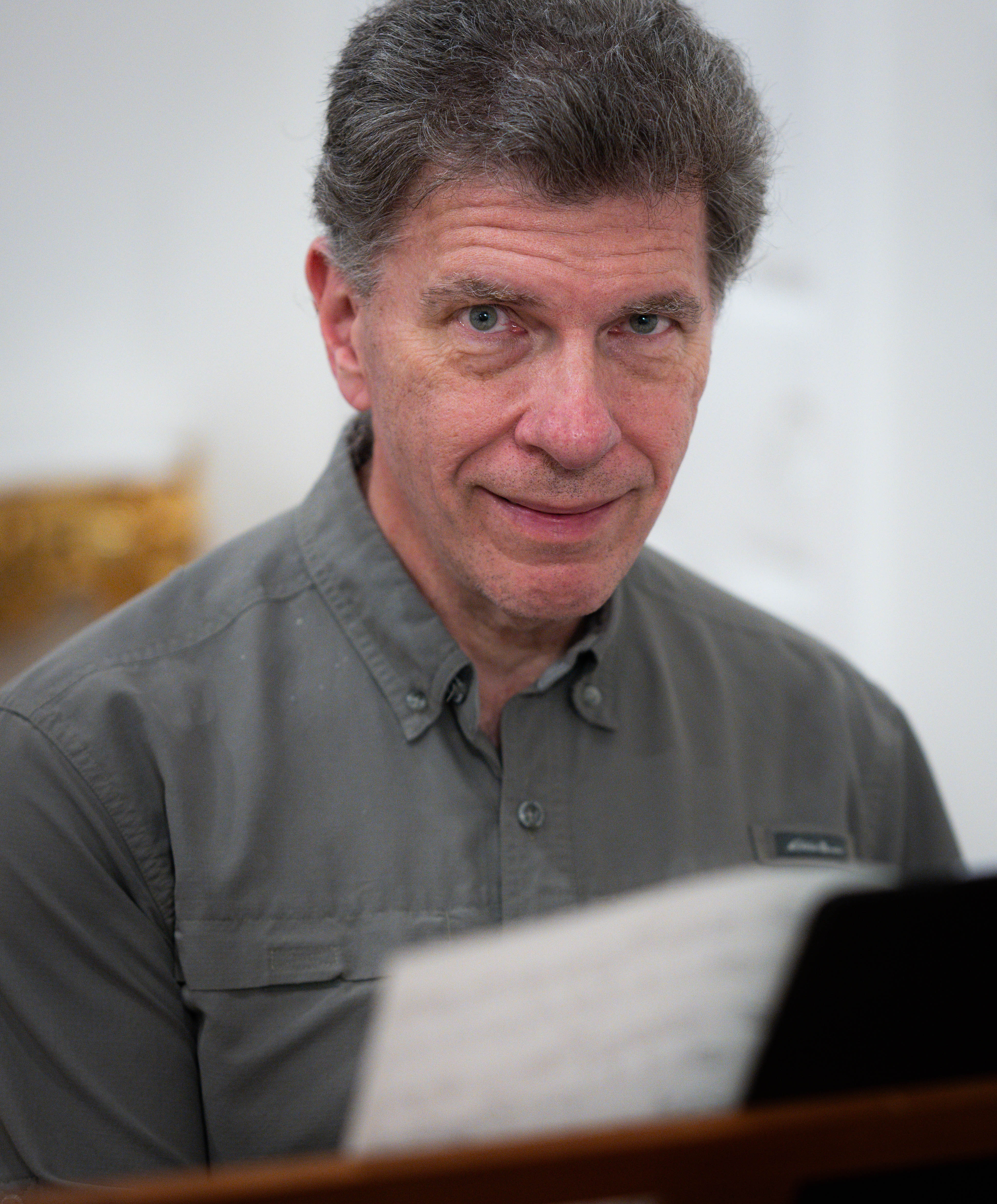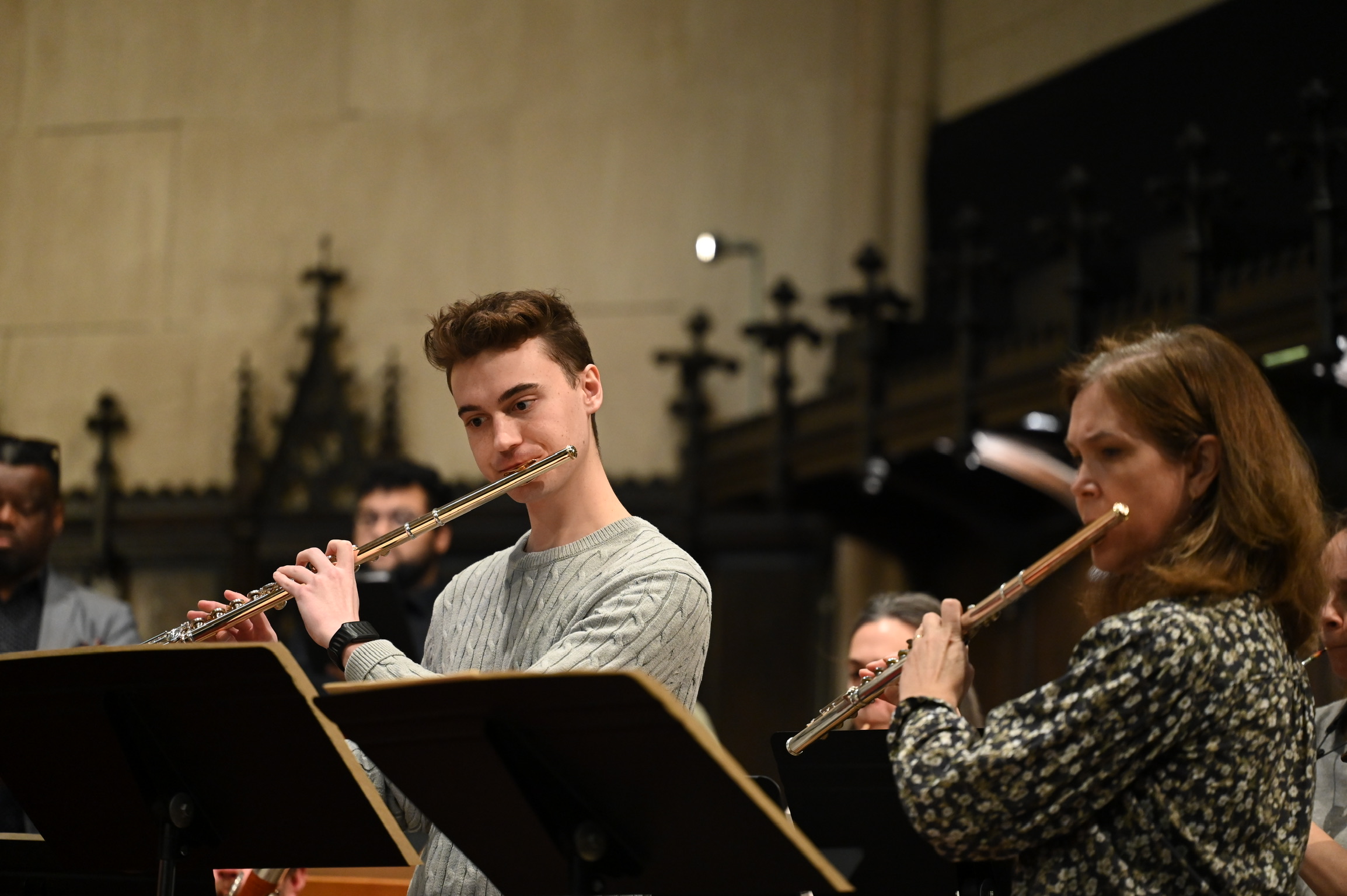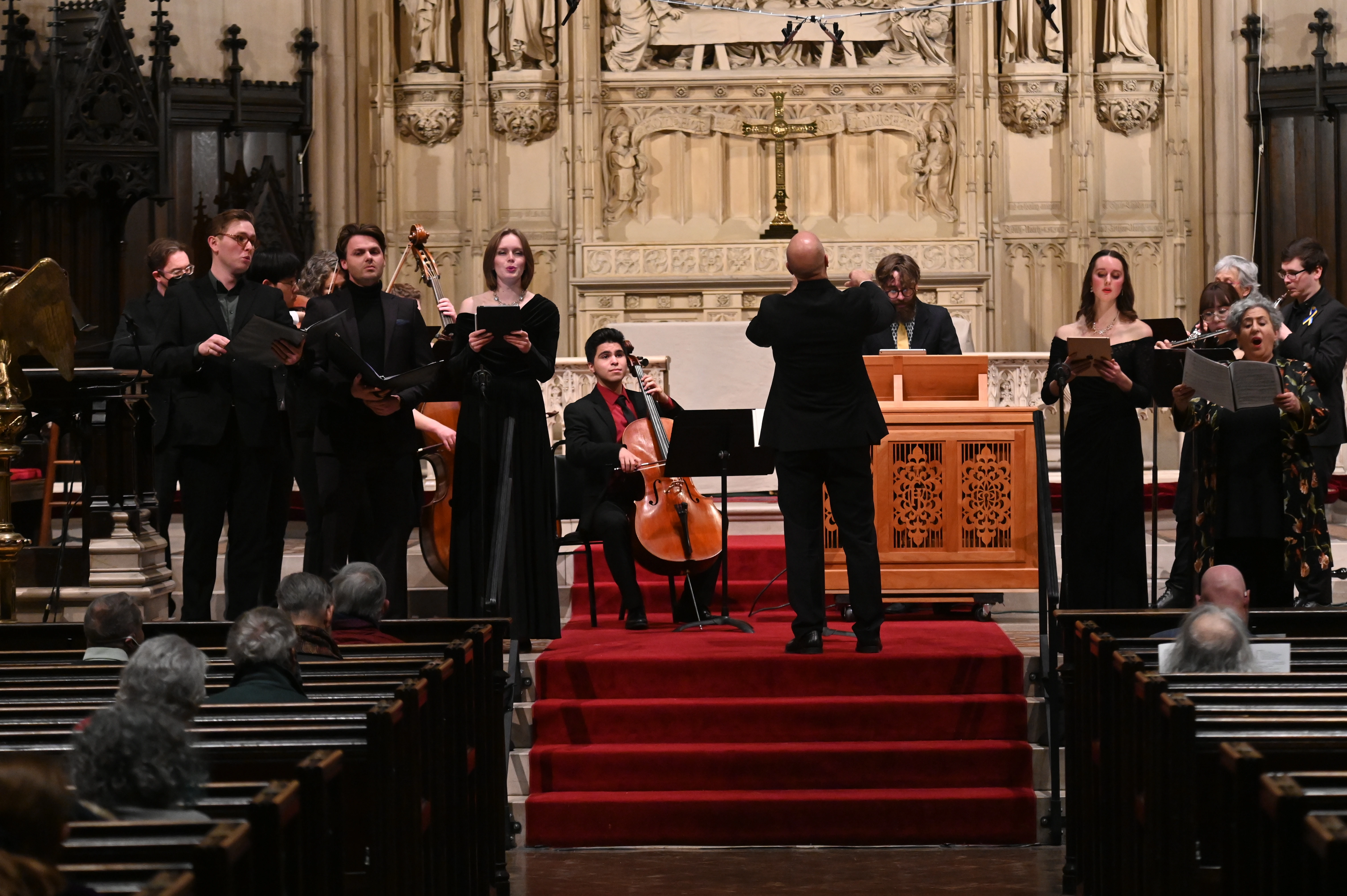For the Bach Institute January Intensive 2026, we will explore Bach's creative approach to his own compositions, specifically how he reworks material created in one context for new and sometimes startlingly different results. Bach's parody technique raises provocative questions about the message inherent in the music; is it intimately tied to the words, or does it speak its own truth? During our 12-day intensive, our accomplished group of Fellows will engage these questions in coaching sessions, lectures, masterclasses, and performances.
Performances
Learn & Engage
Notes & Translations

